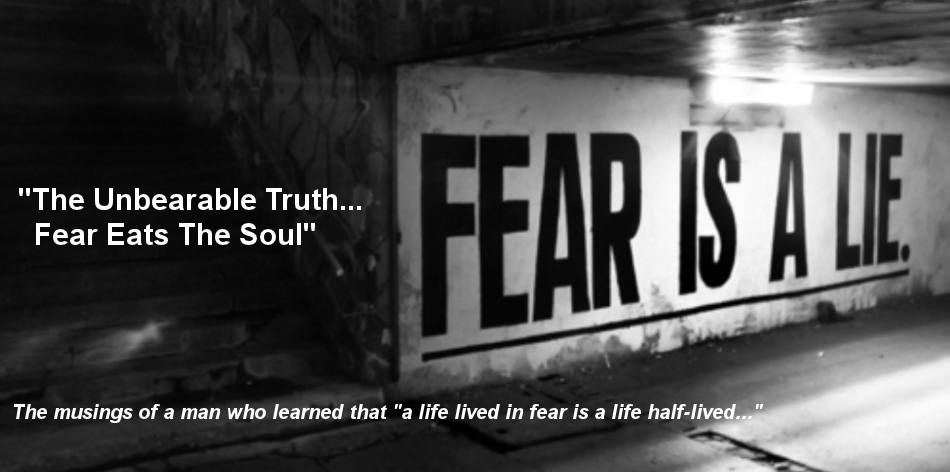By Cynthia Tucker
March 30, 2013
Familiarity breeds ... acceptance. That's why the battle for full equality for gays and lesbians is already won, no matter what the U.S. Supreme Court decides.A generation of young Americans has grown up with openly gay friends, neighbors and family members, teachers, preachers and entertainment idols. They know them in all their humanity: as responsible parents, as respectable business owners, as conscientious churchgoers, as liars, as cheaters, as drunks. For voters under 35, gay and lesbian Americans are no strange breed apart; they are simply people, just like heterosexuals.
As a college teacher, I've observed that casual affirmation of the full humanity of gays and lesbians. Even on a university campus in the Deep South, where many students hail from Republican families and hew to conservative religious beliefs, homosexual students are generally accepted as peers.
Among the cohort called "millennials" by the respected Pew Research Center -- those are adults born since 1980 -- support for same-sex marriage is at 70 percent. The same percentage of millennials believes gays and lesbians can be good parents, according to Pew. Even younger conservative Christians are less resistant to gay marriage than their parents and grandparents, polls show -- with just 44 percent of them opposing those unions.
(Familiarity has also helped to change the views of some older Americans. Note the conversion of Ohio's Republican Sen. Rob Portman, who now supports gay marriage. Portman recently announced that he had shifted from the opposing view after learning that his son, Will, is gay.)
As an adult who grew up when gays and lesbians were still shunned and shamed, I'll admit to having been pleasantly surprised by the views of some of my students. One -- a young woman who described herself as conservative -- told me she is not troubled by the notion of gay marriage because "it doesn't have anything to do with me."
That principle ought to be a bedrock of conservative/libertarian philosophy, the underpinning of its suspicion of an intrusive government. But that's not the way many older conservatives see it. They have fused their religious views with their political ideology, resulting in a curious and confusing philosophy that supports government intervention in the lives of people whose values they disagree with.
In service of their muddled philosophy, they've put forth a number of arguments against gay marriage -- including the strange contention that it would undermine heterosexual marriage. There is no rational evidence anywhere to support that. Nor have I ever heard a divorced heterosexual couple argue that their marriage collapsed because the gay couple down the street got hitched.
Equally ridiculous is the notion -- actually put before the Supreme Court last week by Charles Cooper, who defended California's initiative banning same-sex unions -- that the traditional institution cannot be changed because it was designed to enforce societal norms around procreation. In other words, marriage is for those who plan on having babies. As Justice Elena Kagan pointed out, laughing, that idea would preclude marriage between men and women in late middle age.
Somewhere in those separate but connected ideas -- each is a "pro-family" defense of traditional marriage -- are clues to some of the anxiety eating at opponents of same-sex unions: They are deeply worried over the decline of marriage as an institution. That fear has led them to seek someone or something to blame.
But younger adults don't share that anxiety, either. They know that traditional marriage is already in decline. For the first time, according to the U.S. Census, heterosexual married couples do not constitute a majority of households. Instead, there are multiple other arrangements: single-parent families, never-marrieds living alone, couples living together without the bonds of matrimony, roommates without romantic connections.
There are many reasons for those changes, but gay romances had nothing to do with them. Indeed, one argument for allowing same-sex marriage is to shore up the institution, which is due for some modernizing.
Young Americans seem more than willing to give that a shot.
Cynthia Tucker, winner of the 2007 Pulitzer Prize for commentary, is a visiting professor at the University of Georgia.




No comments:
Post a Comment
Comments may be moderated and will appear within 12 hours if approved.